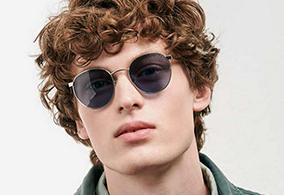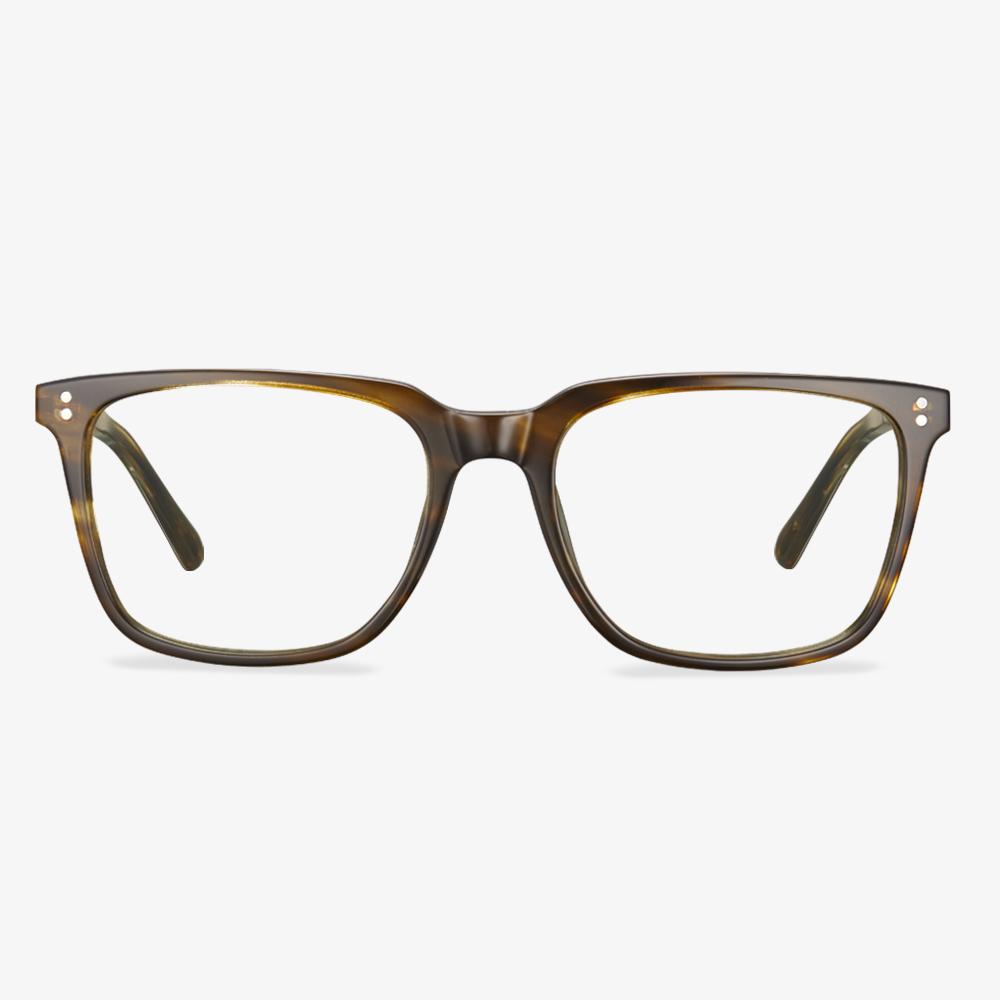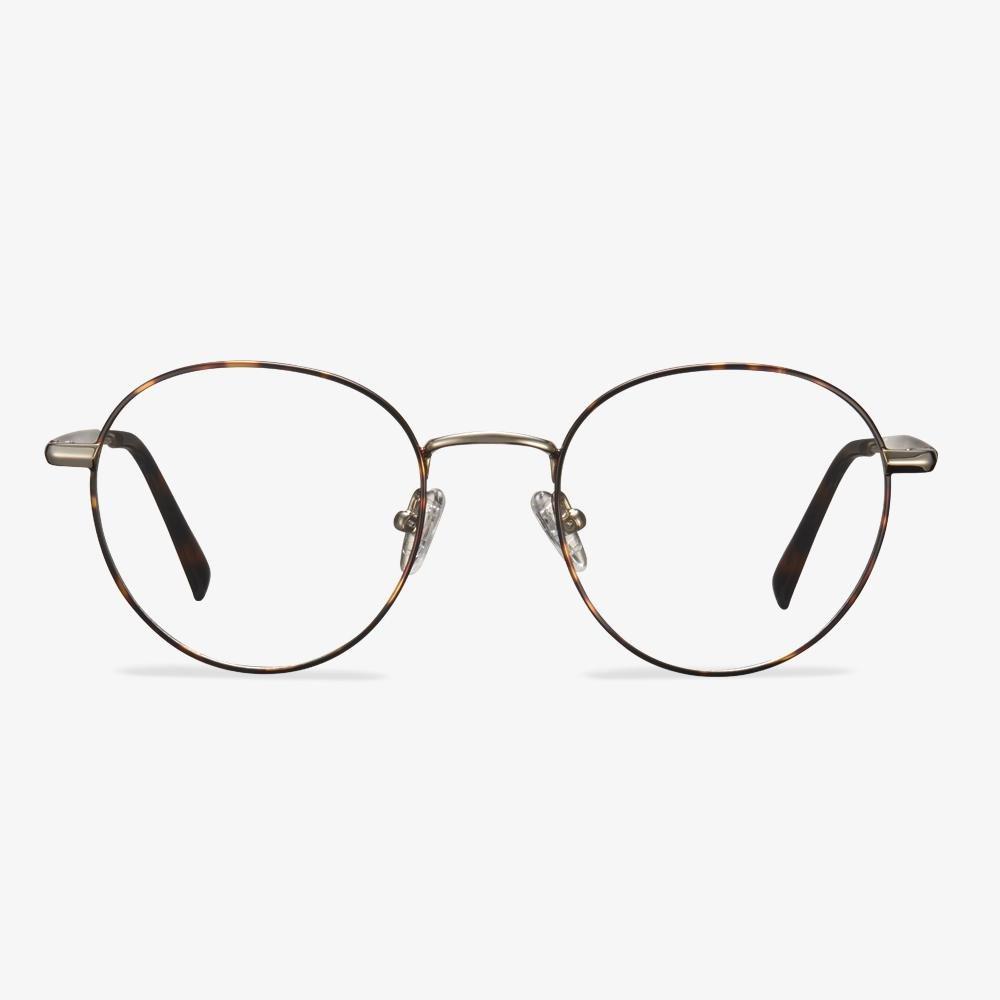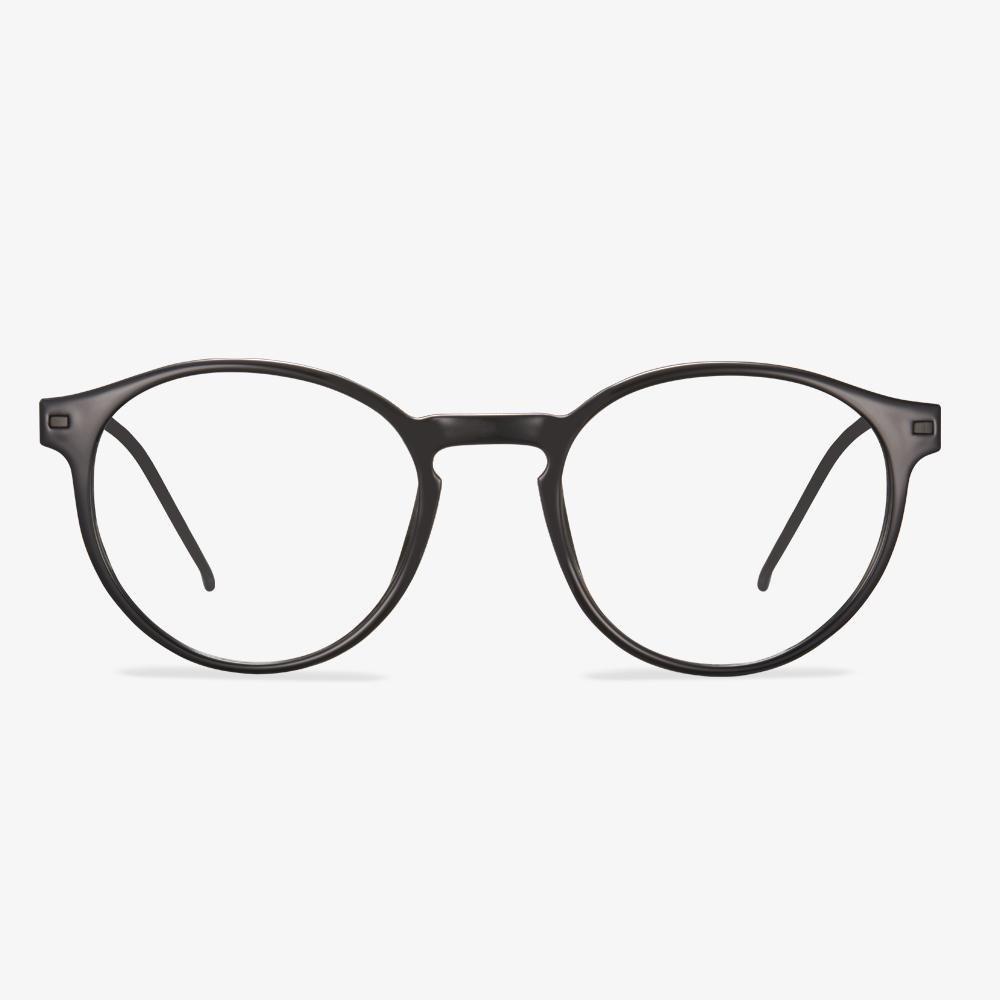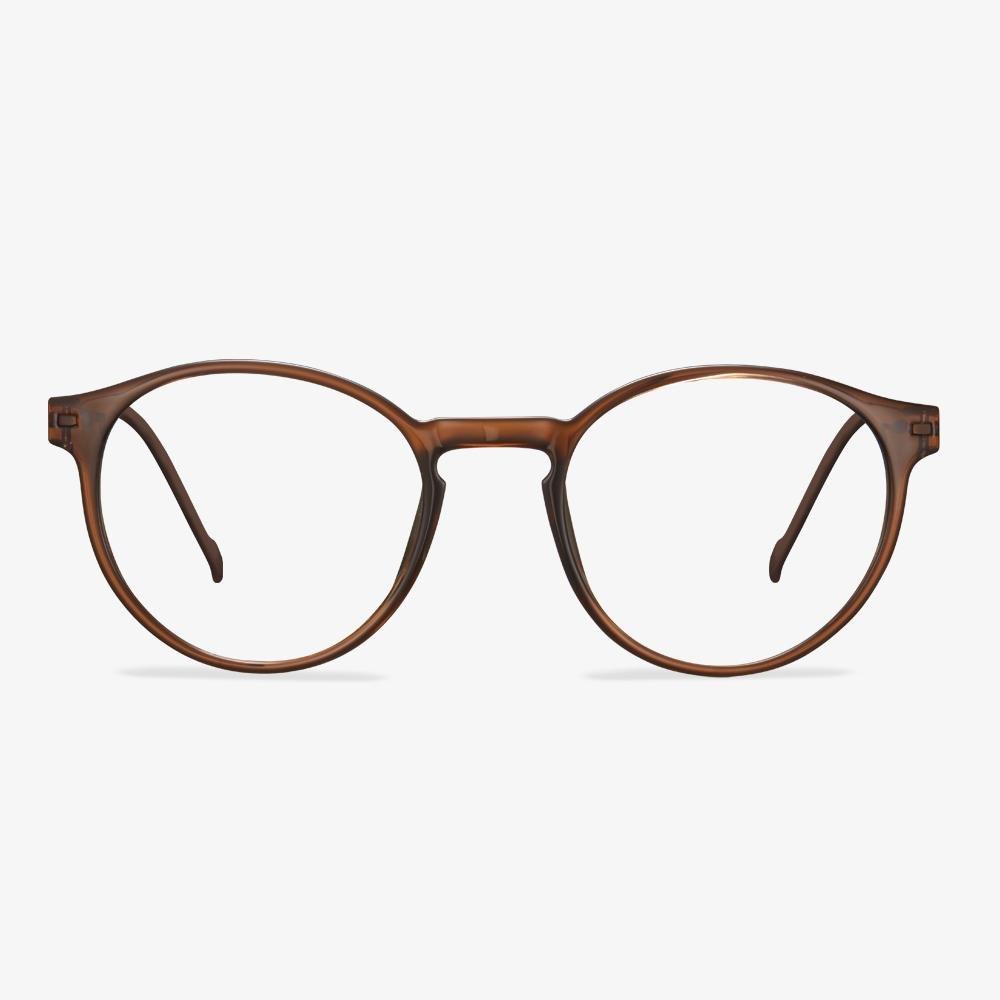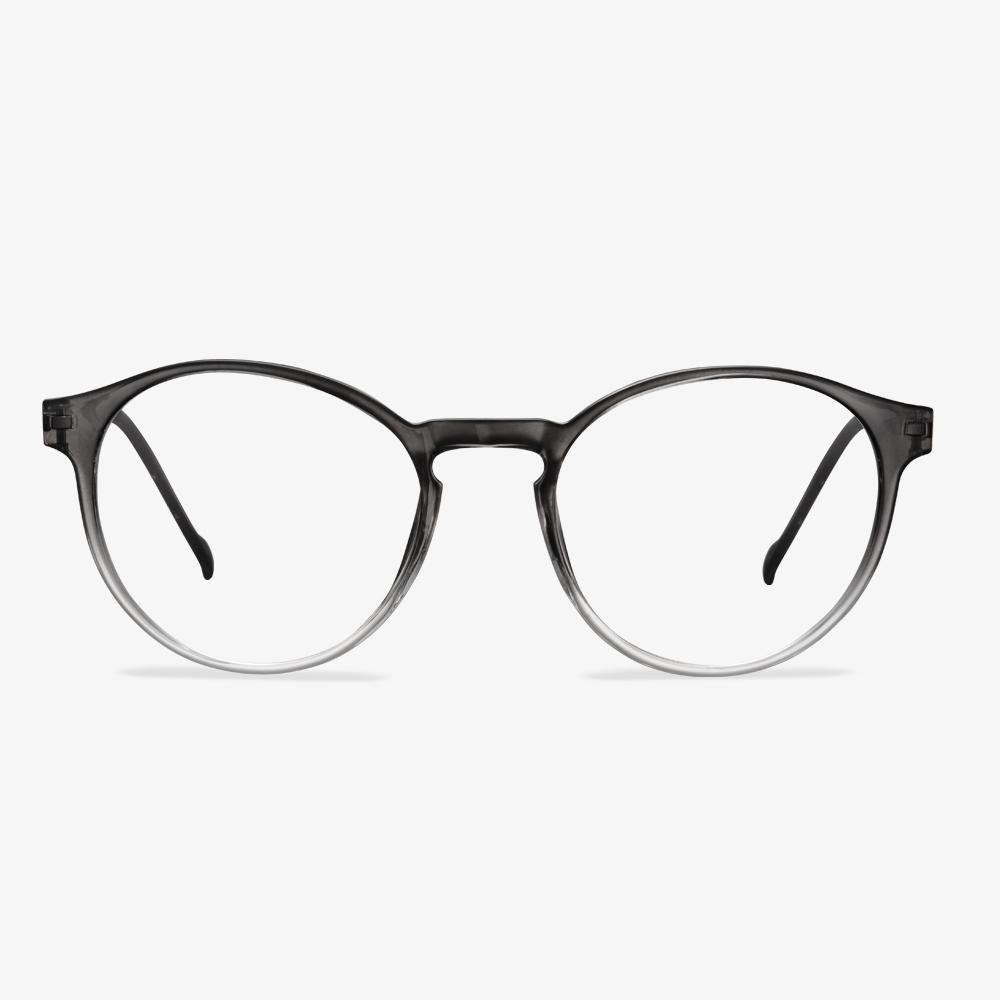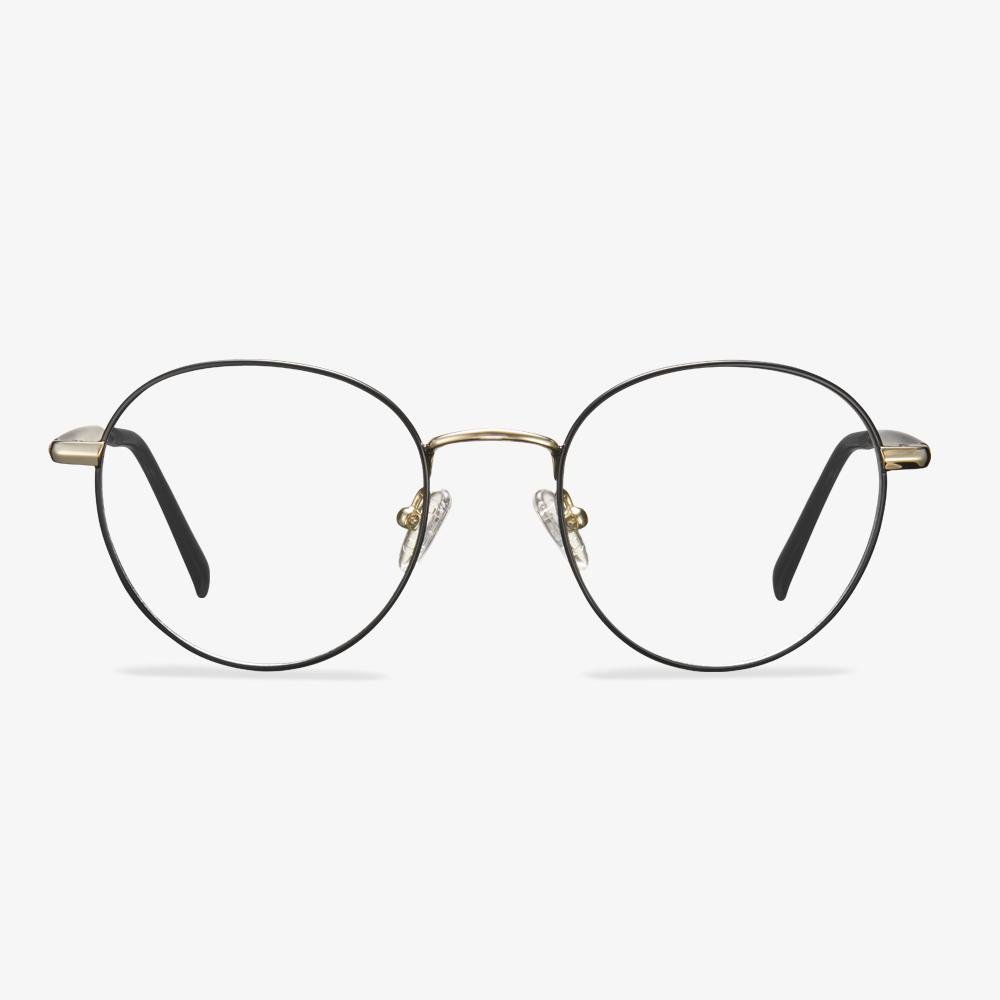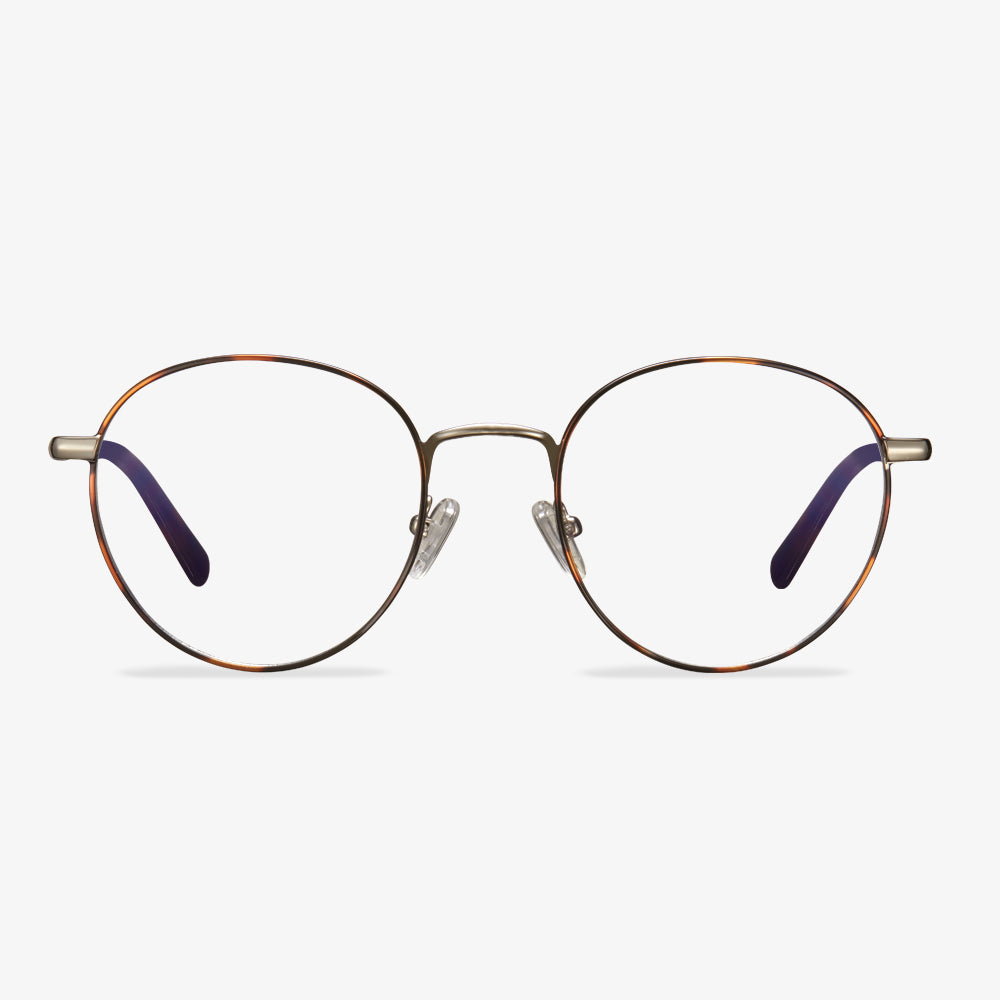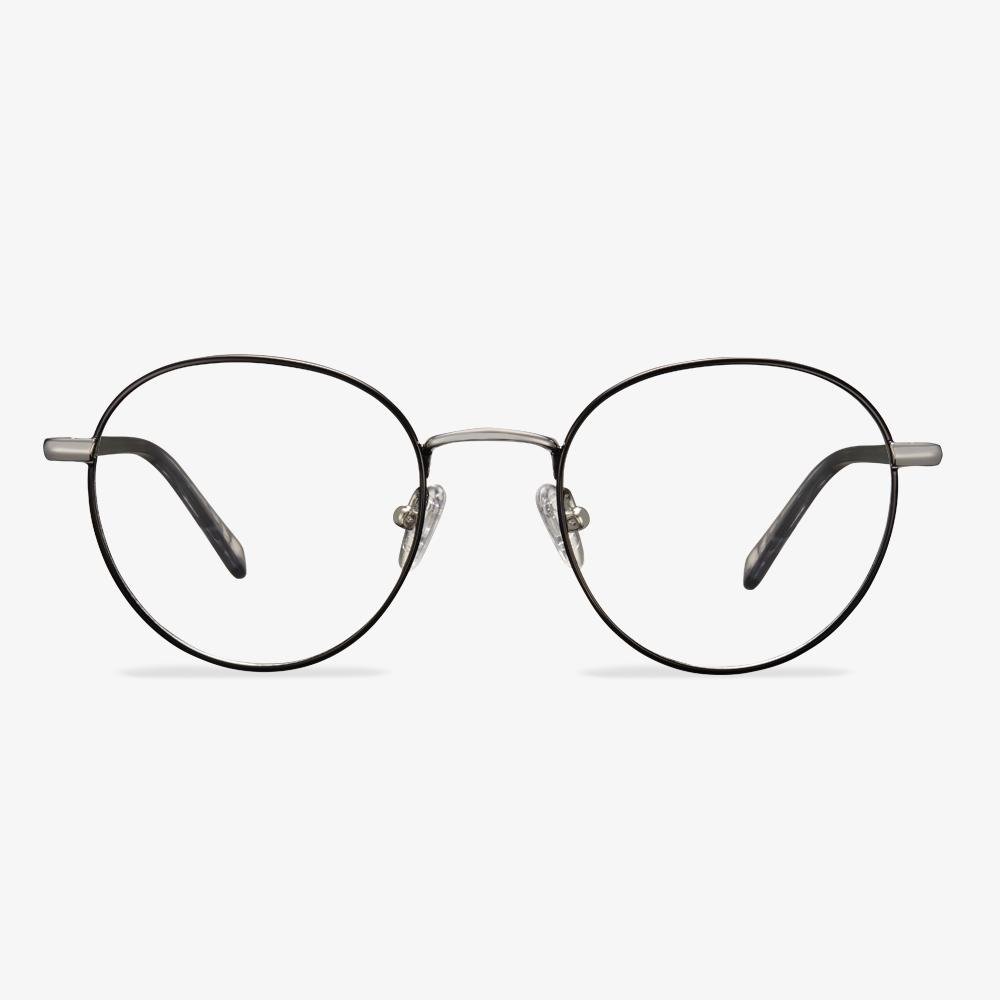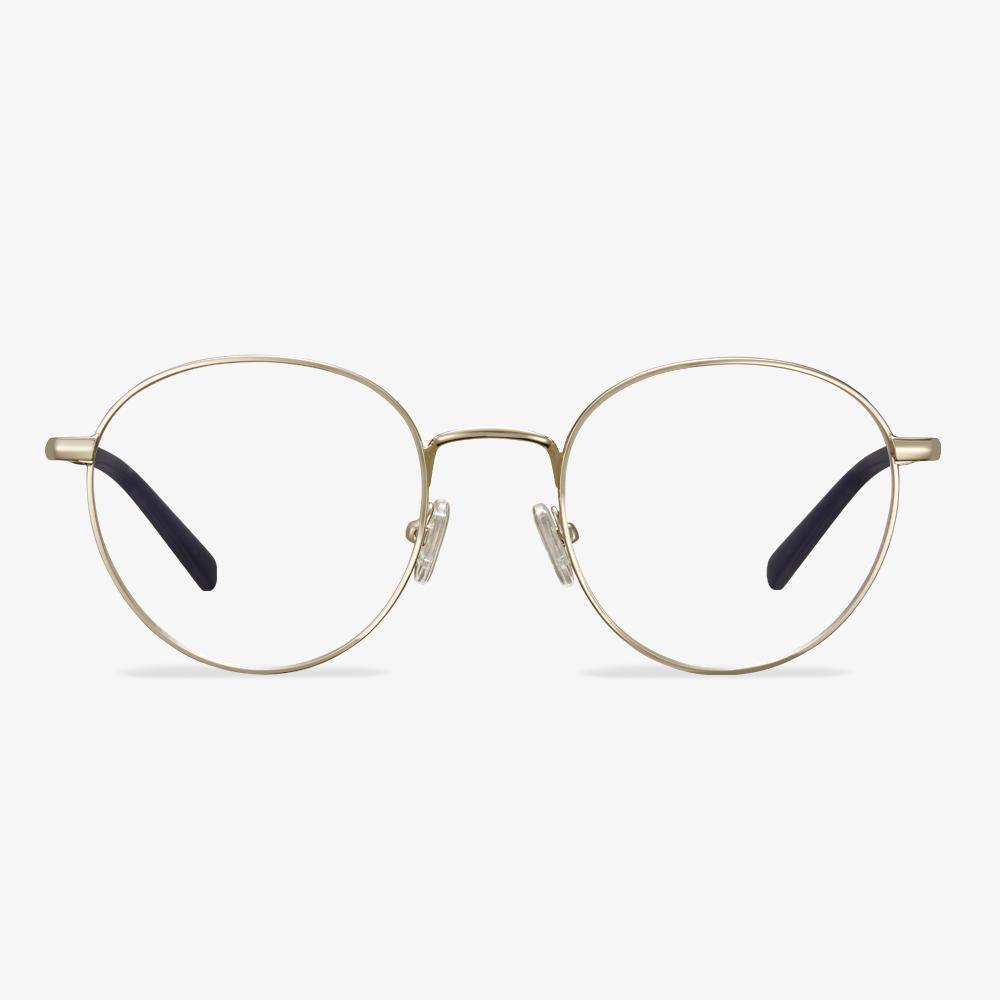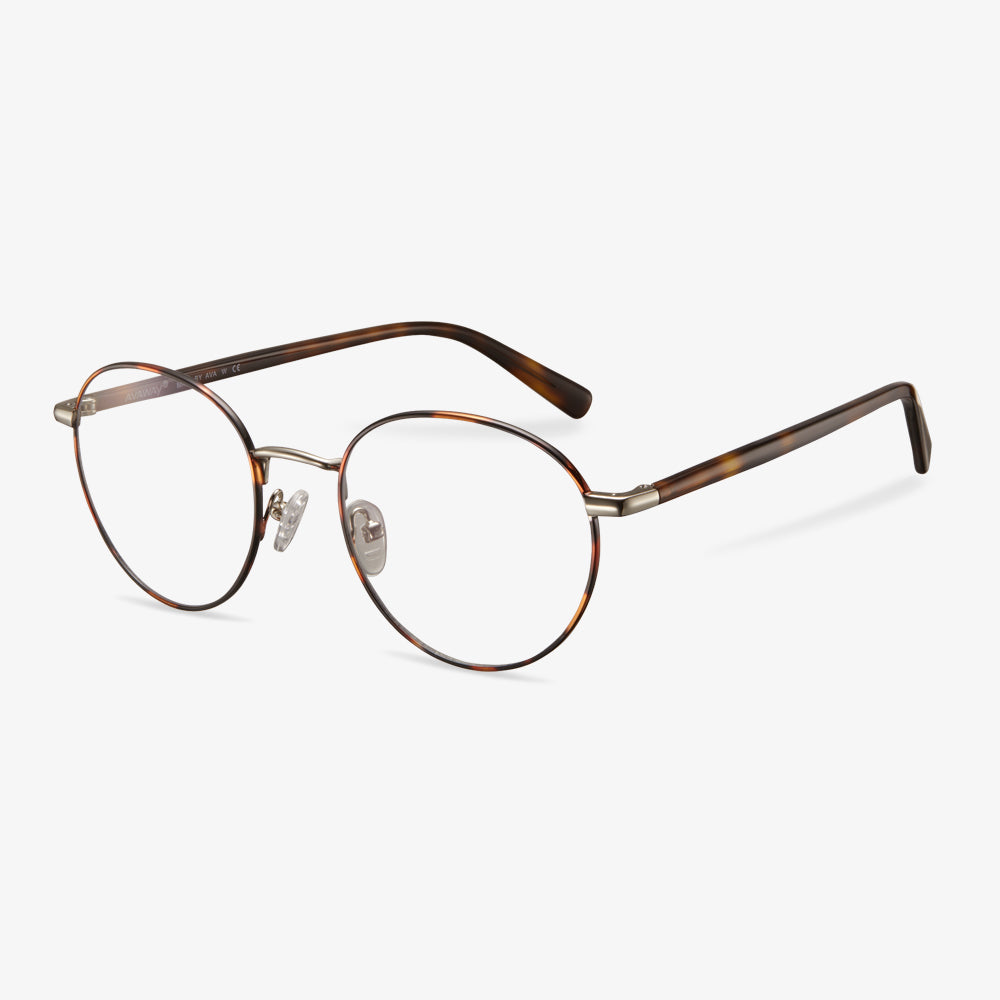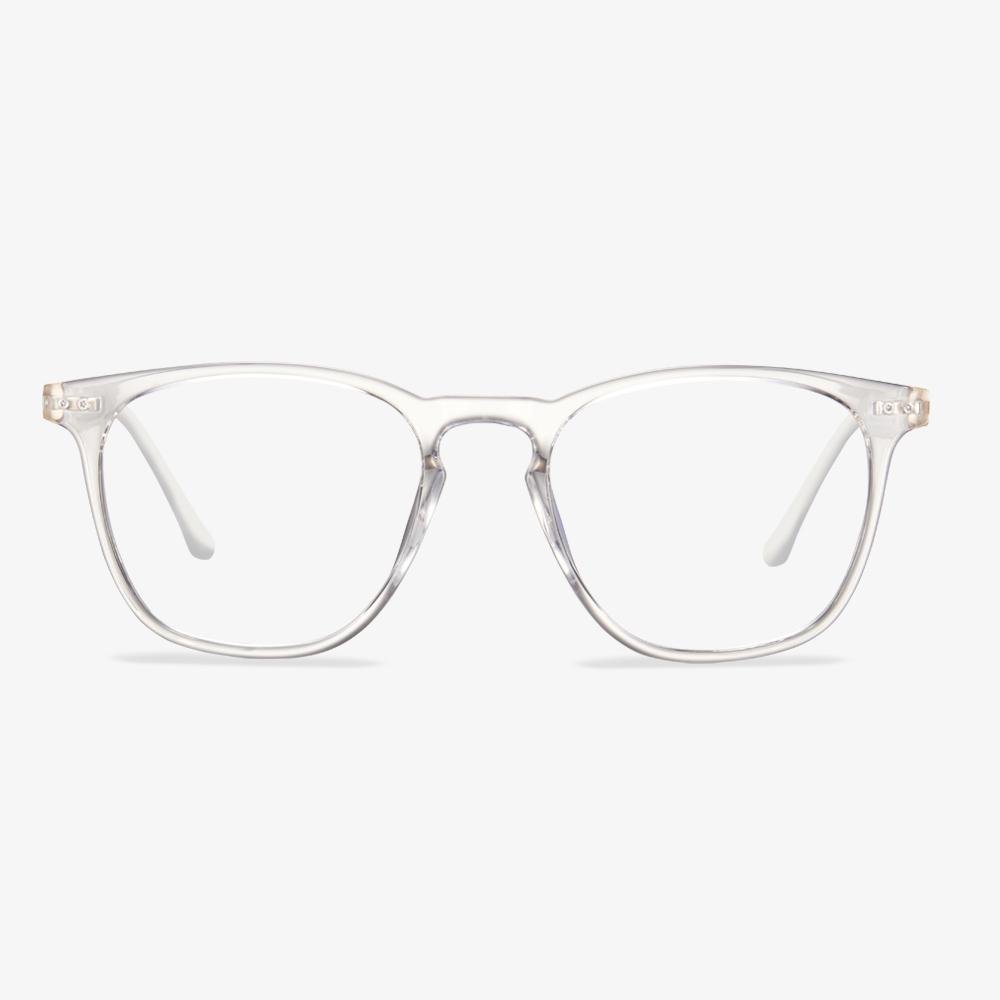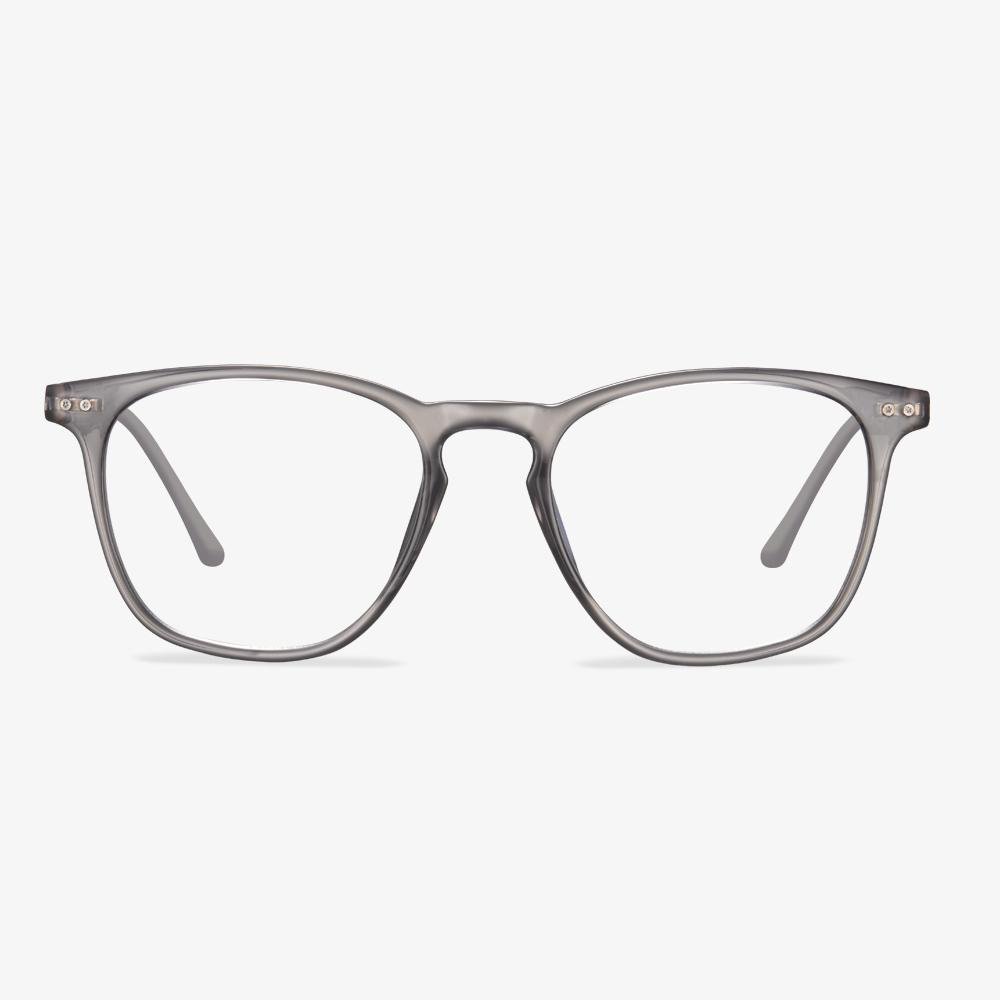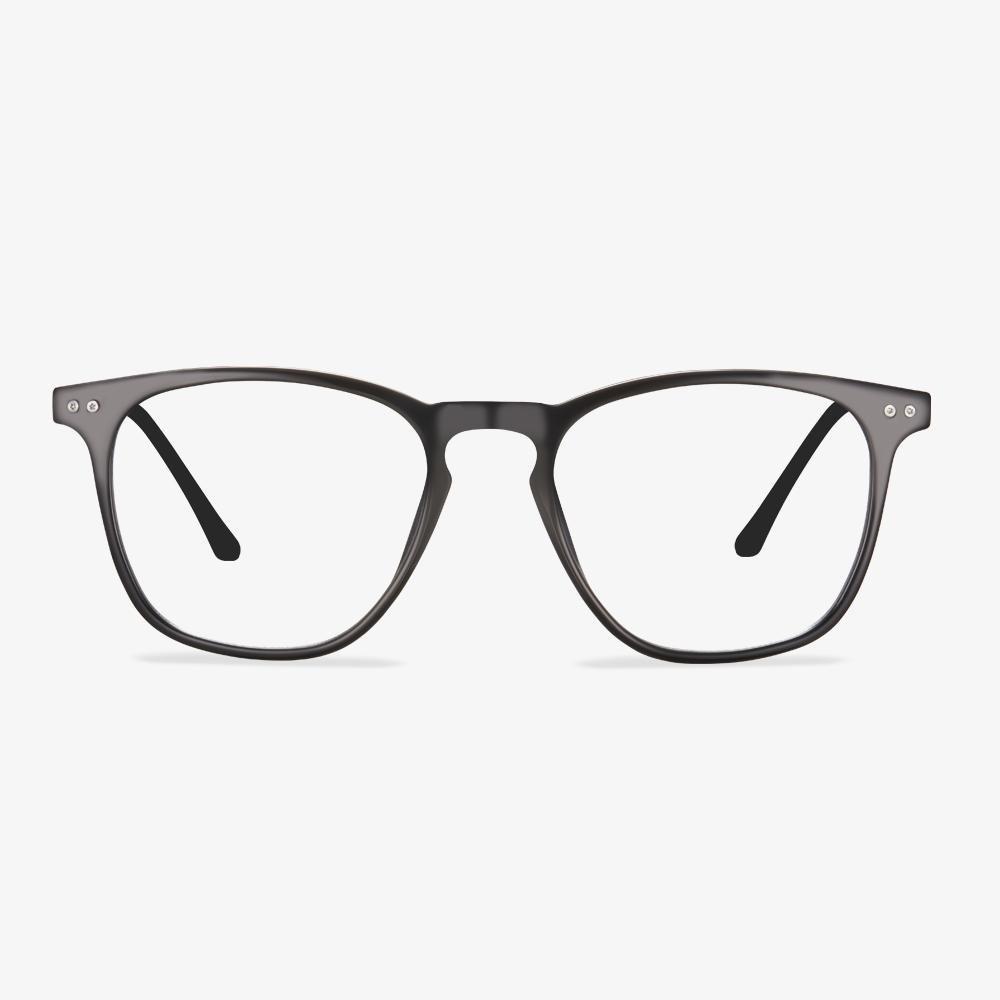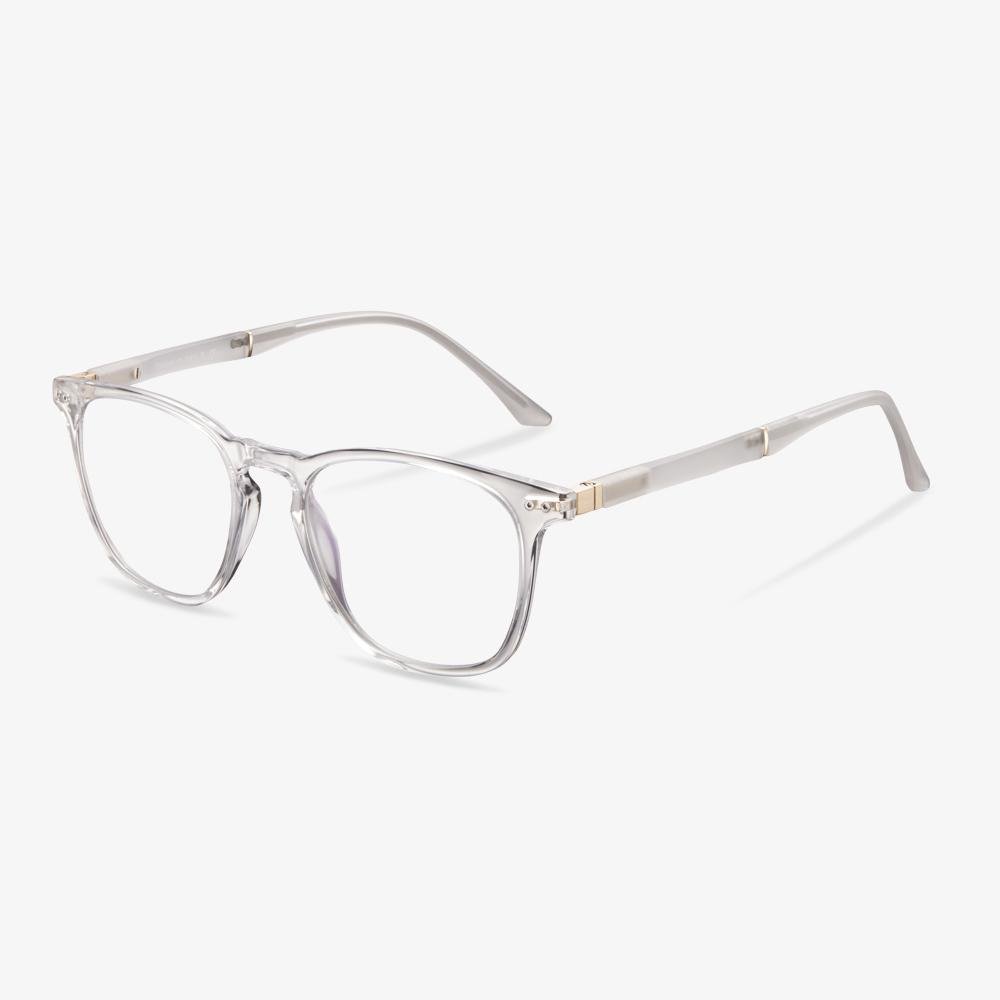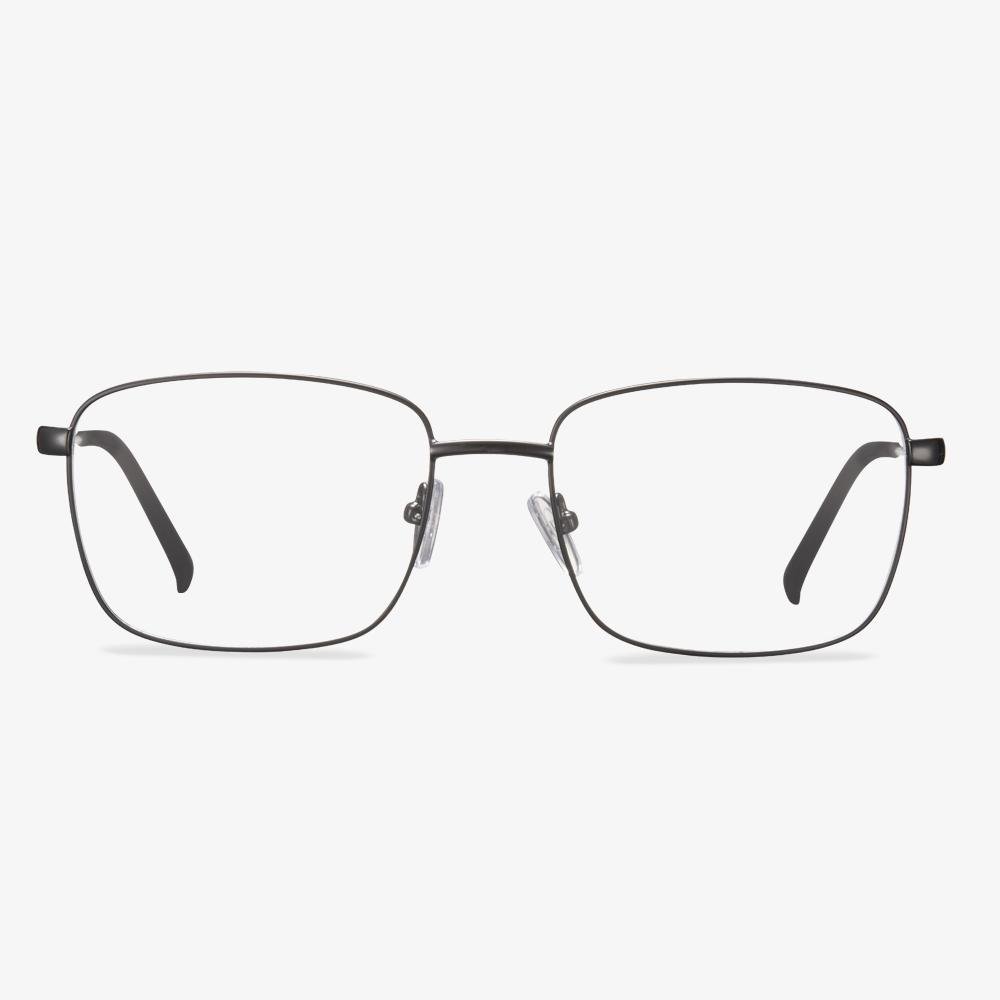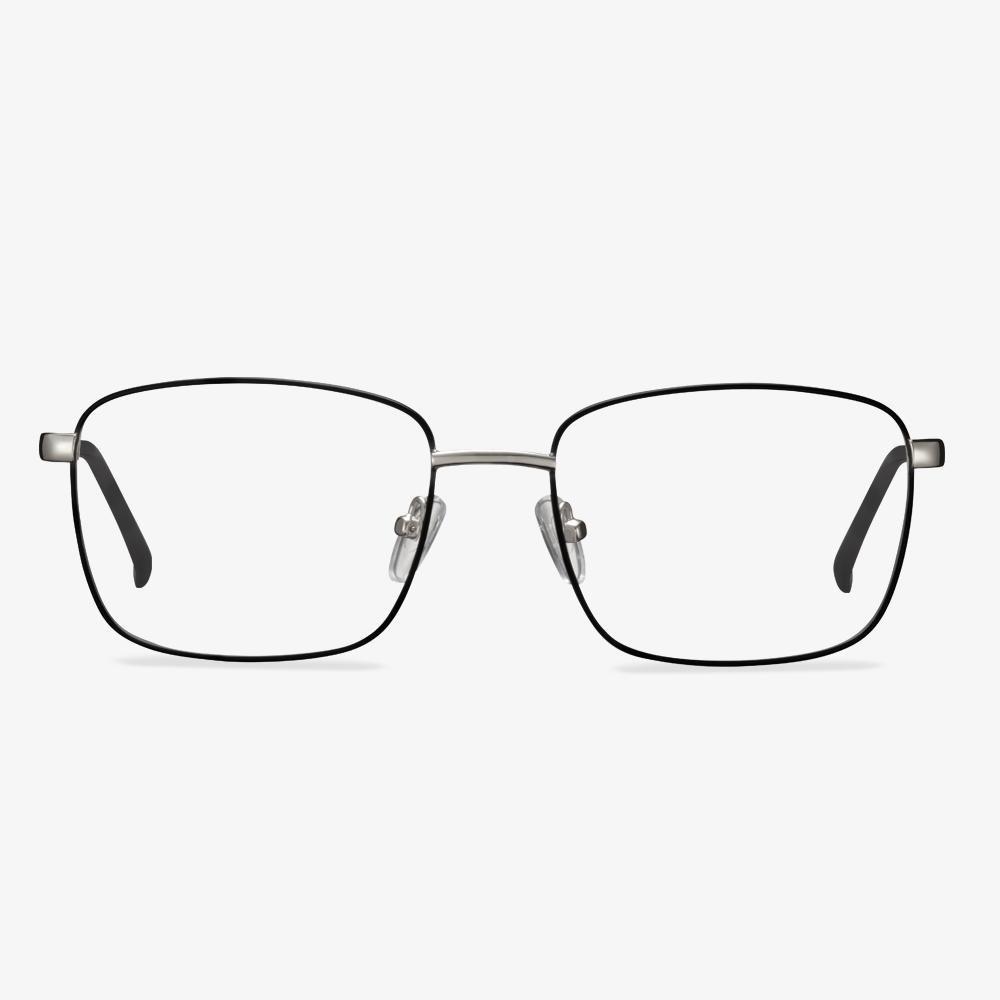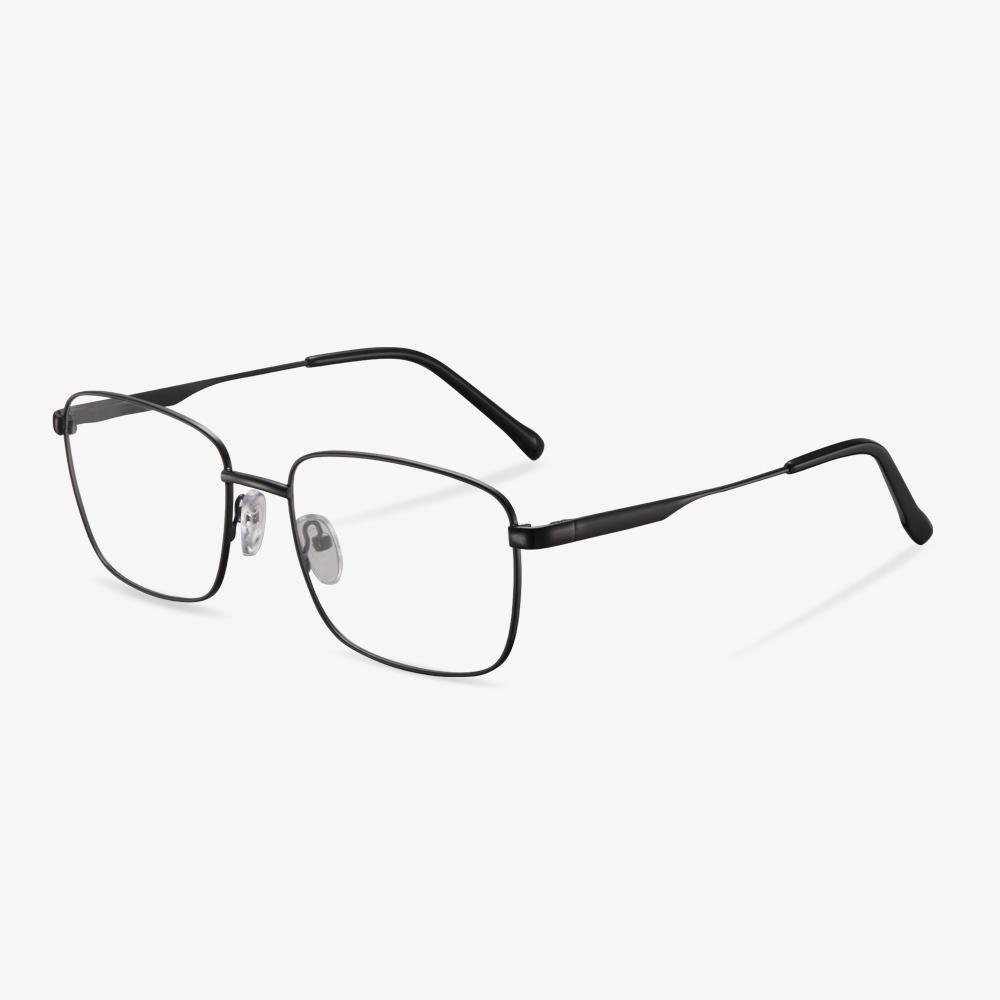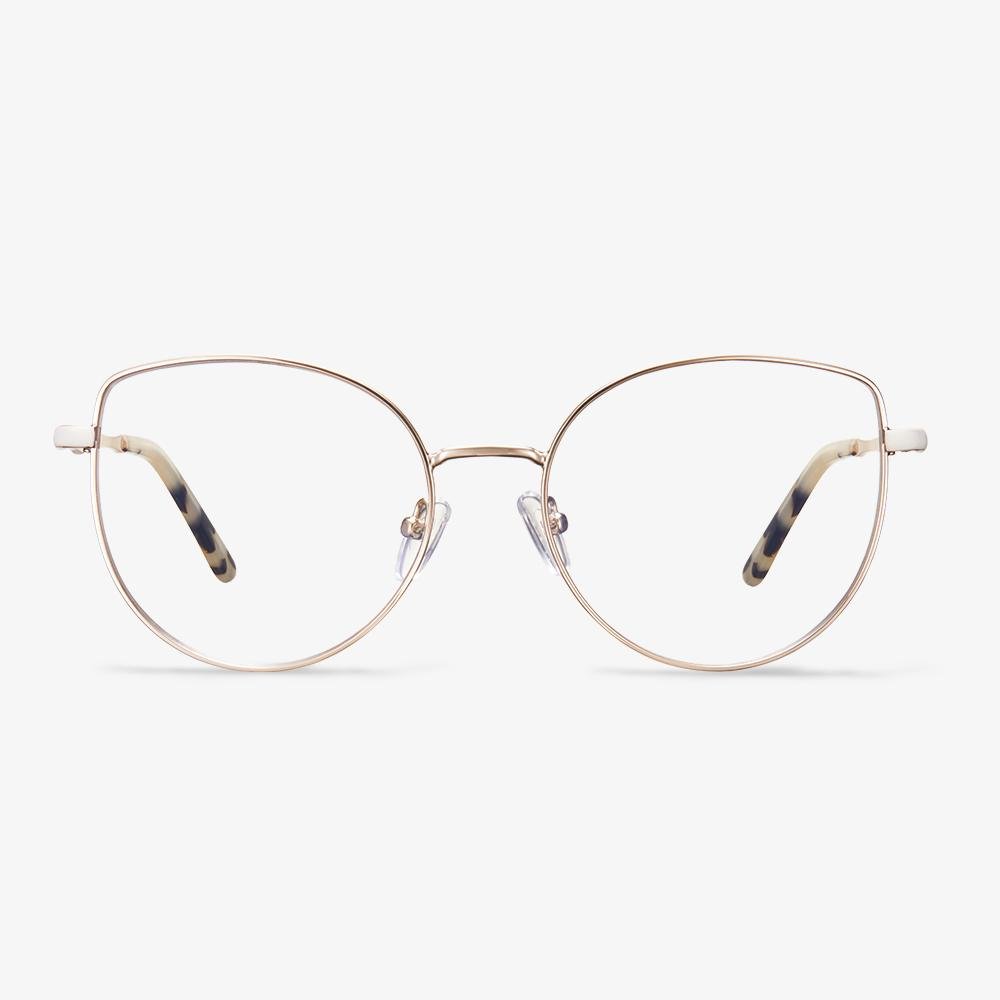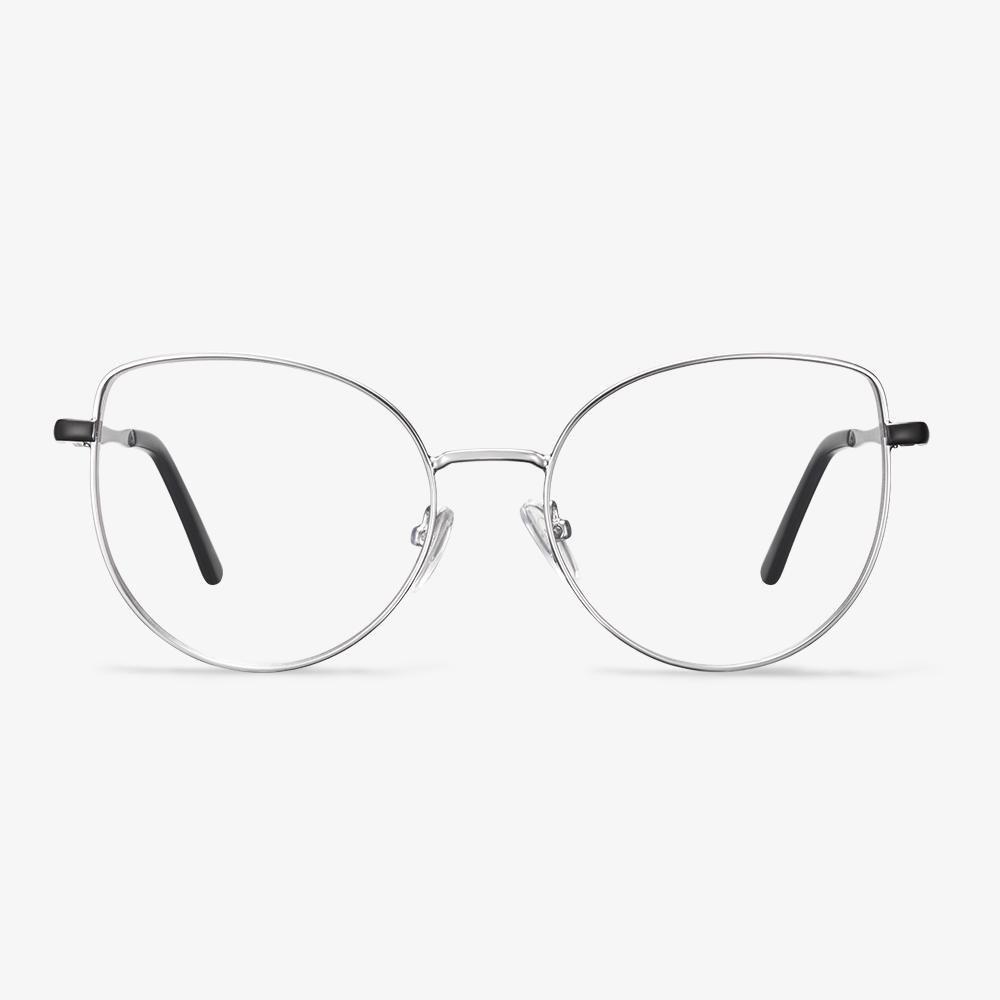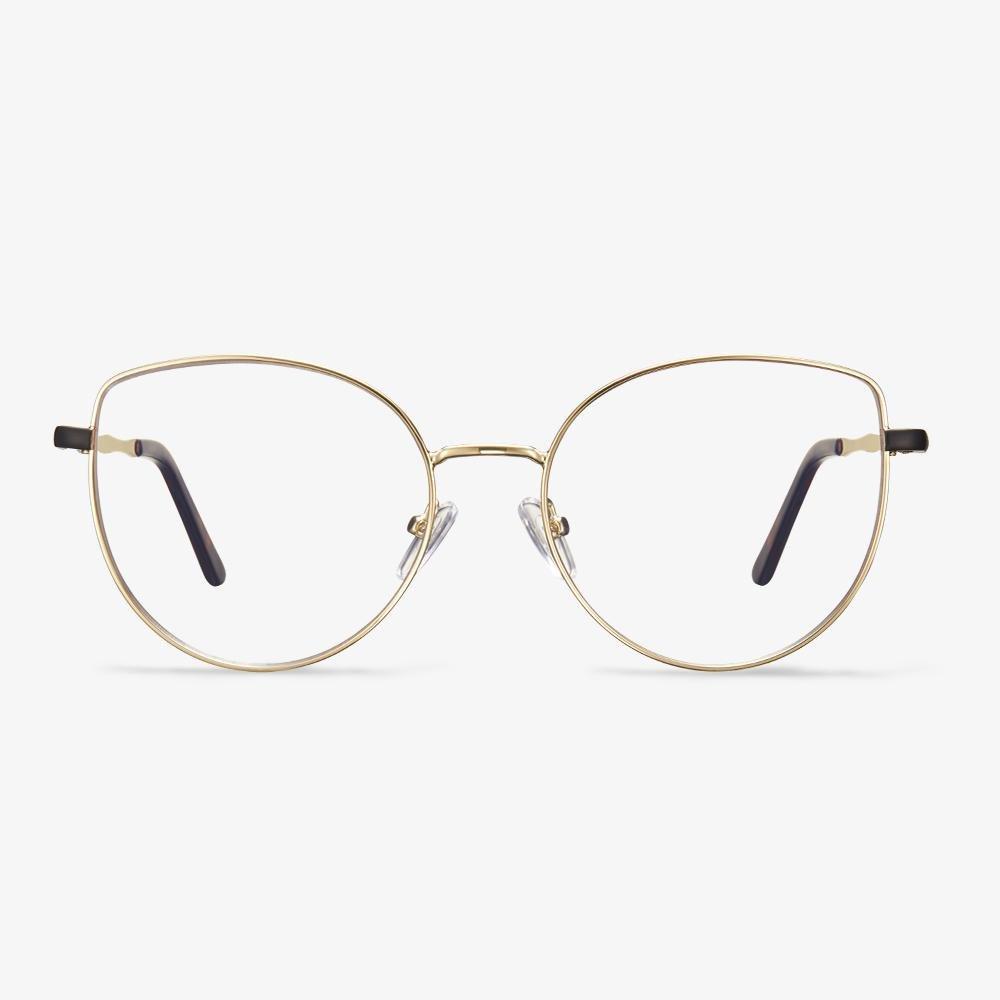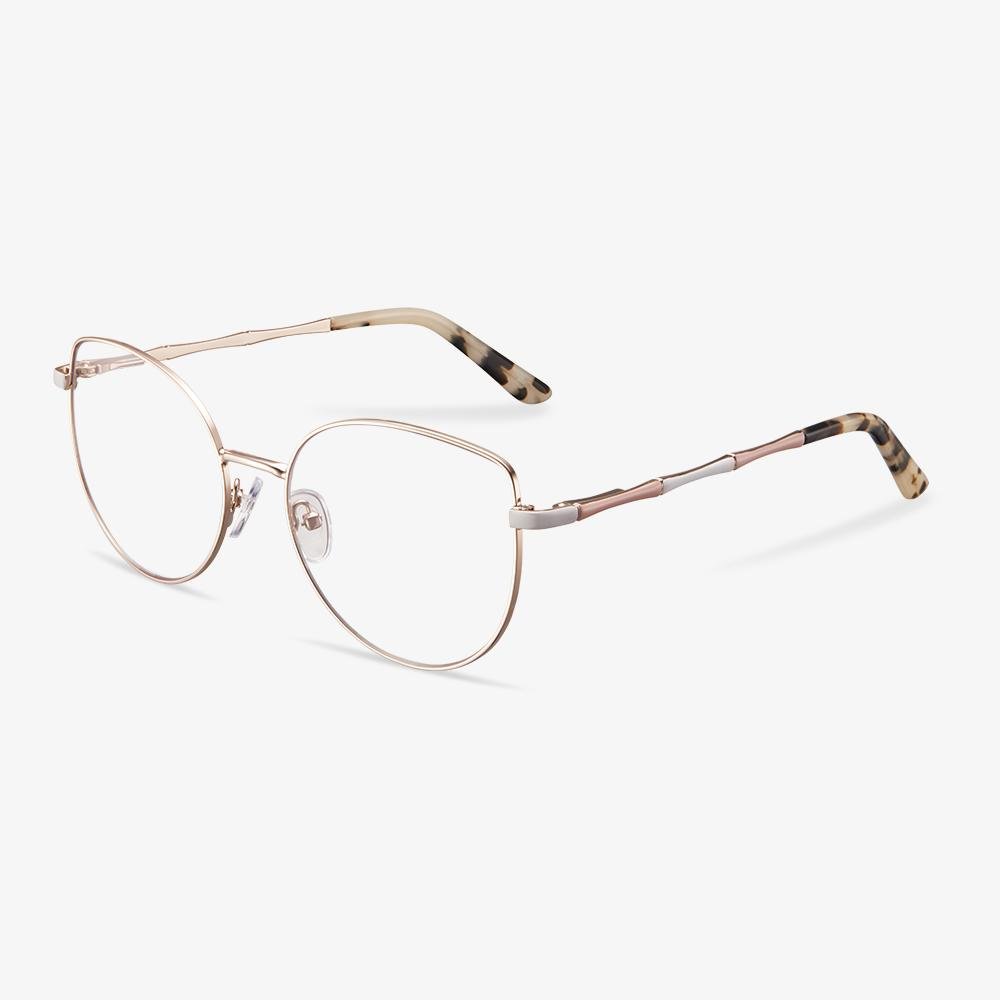When it comes to correcting vision, two primary options stand out: contact lenses and glasses. Both serve the same fundamental purpose – to enhance your vision – but they do so in different ways, each with its unique advantages and disadvantages. Deciding between contact lenses and glasses depends on various factors, including lifestyle, comfort, and personal preferences. In this article, we will explore the pros and cons of each to help you make an informed choice.
The Battle of Clarity: Visual Quality
Glasses: Glasses provide excellent visual clarity and are ideal for those who need precise and consistent vision correction. The lenses can be customized to correct various eye conditions, including nearsightedness, farsightedness, astigmatism, and presbyopia. Additionally, glasses do not touch the eye's surface, minimizing the risk of eye infections or discomfort.
Contact Lenses: Contact lenses sit directly on the eye's surface, offering a wider field of vision and eliminating any distortion that may occur with glasses. They move with your eye, providing a more natural vision experience and a lack of peripheral obstructions. However, contact lenses may require frequent cleaning and replacement to maintain optimal clarity.
Comfort and Convenience
Glasses: Glasses are generally easier to adapt to since they don't require direct contact with the eye. They are a hassle-free solution for many, as you can simply put them on and take them off as needed. Additionally, glasses do not require regular cleaning or maintenance beyond occasional lens cleaning.
Contact Lenses: Contact lenses can take some time to get used to, as they involve inserting a foreign object onto the eye's surface. However, modern contact lenses are designed for comfort and breathability, making them much more comfortable than their predecessors. They are particularly convenient for athletes or individuals with active lifestyles since they don't obstruct peripheral vision and won't fog up during physical activities.
Aesthetic Appeal
Glasses: Glasses can be a fashion statement and a part of your personal style. With countless frame styles and colors available, they allow you to express your personality and match your outfit. Some even opt for non-prescription, purely cosmetic glasses for fashion purposes.
Contact Lenses: Contact lenses are discreet and virtually invisible, which can be appealing to those who prefer a natural look. They won't obscure your face or detract from your overall appearance, making them a popular choice for individuals who wish to maintain their natural aesthetic.
Maintenance and Cost
Glasses: Glasses typically have a lower upfront cost compared to contact lenses. However, they can be easily scratched or damaged, necessitating occasional repairs or replacements. Regular cleaning and occasional adjustments are also needed.
Contact Lenses: Contact lenses come in various types, including daily disposables, bi-weekly, and monthly lenses. Daily disposables are the most convenient but tend to be more expensive. Other types require cleaning and proper storage, along with regular replacement, which can add to the long-term cost.
Health Considerations
Glasses: Glasses have a minimal risk of eye infections or complications. They act as a barrier between your eyes and the outside world, reducing the risk of foreign objects or contaminants coming into contact with your eyes.
Contact Lenses: While modern contact lenses are designed to be safe and breathable, improper handling and poor hygiene can lead to eye infections. Users must follow strict hygiene practices, such as washing hands before insertion, regular cleaning, and adhering to the recommended replacement schedule.
The Verdict
Ultimately, the choice between contact lenses and glasses depends on your personal preferences, lifestyle, and vision needs. Glasses offer clarity, convenience, and a fashion statement, while contact lenses provide a more natural visual experience and are favored for active lifestyles.
Some individuals opt for a combination of both, using glasses at home and contact lenses for specific activities or occasions. It's crucial to consult with an eye care professional who can assess your vision requirements and help you decide which option aligns best with your needs. Remember, both glasses and contact lenses have their merits, so the "better" choice is the one that enhances your vision and suits your lifestyle.




